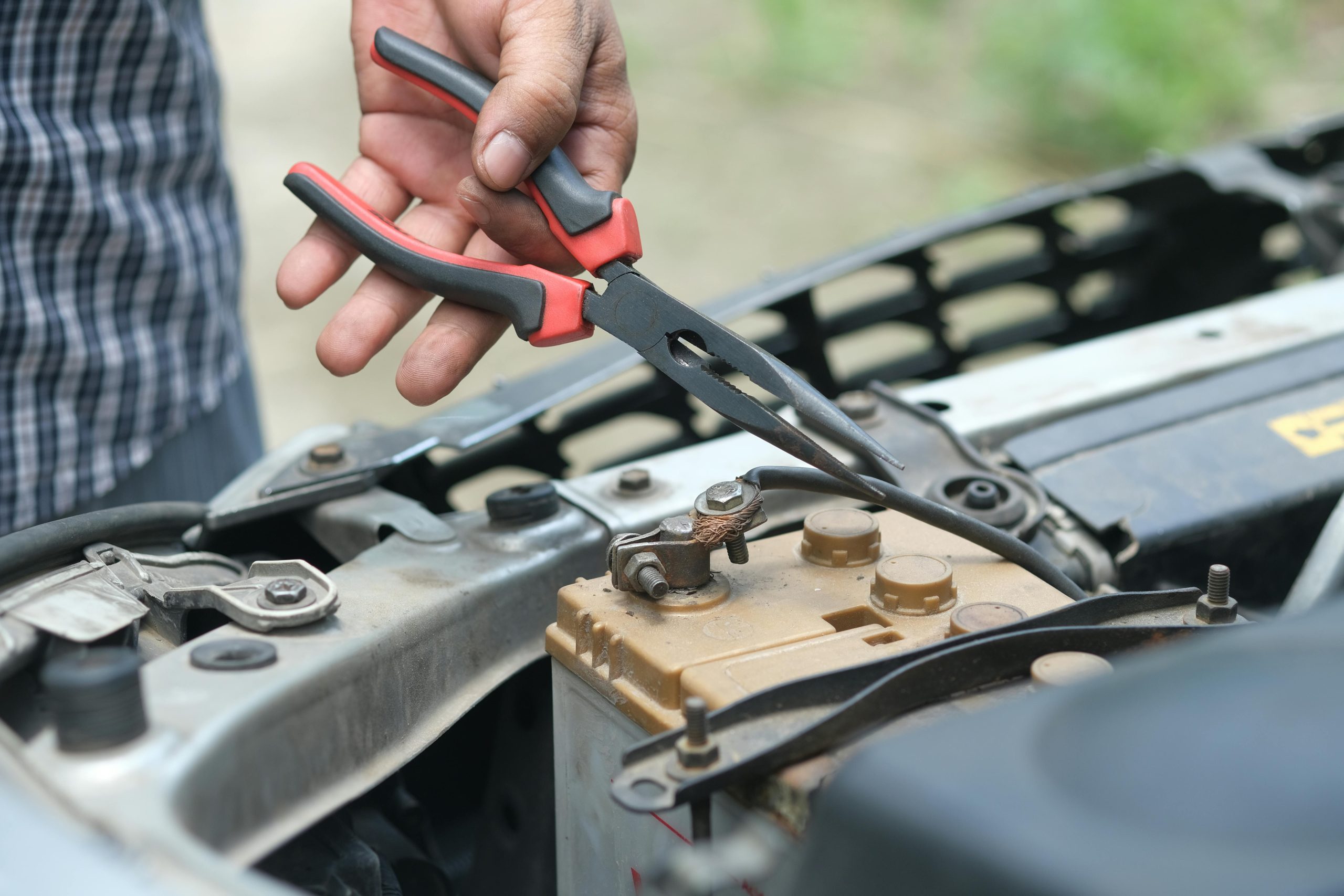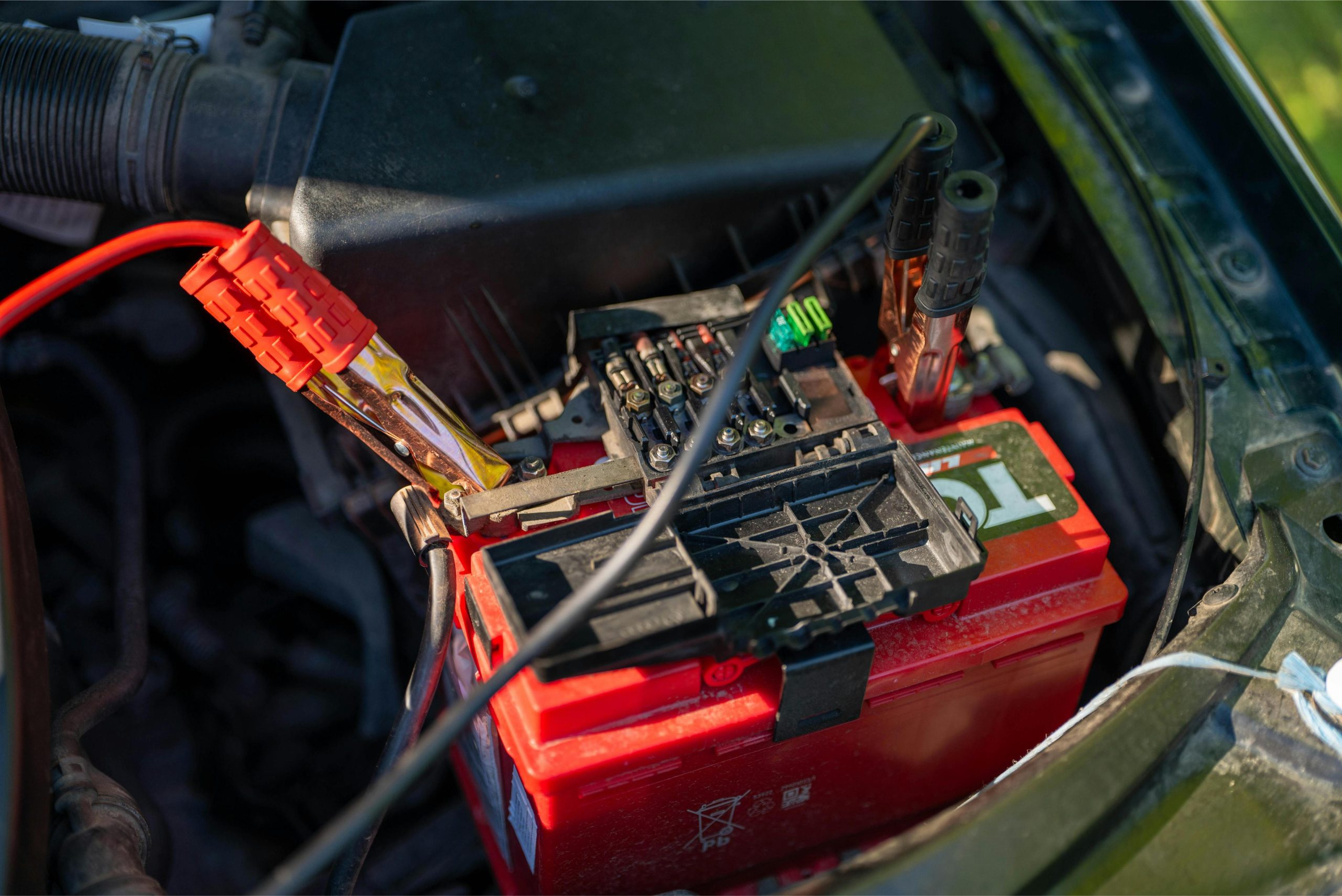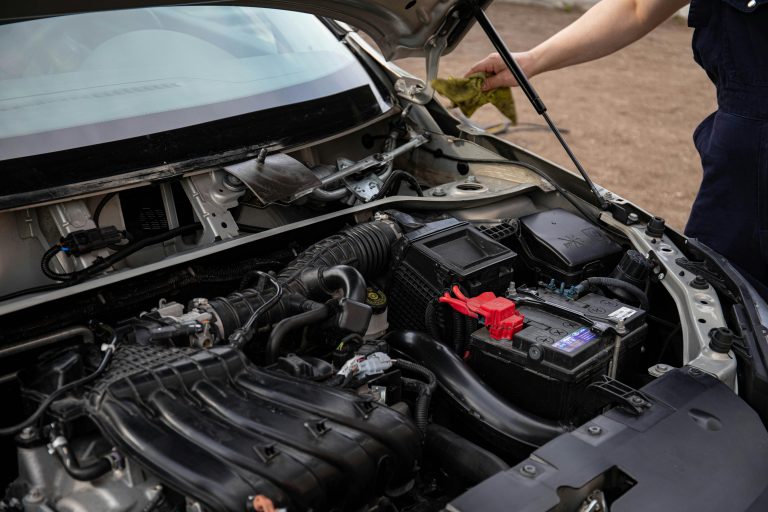
At some point, every driver will face the question: how much does a car battery cost? Whether your vehicle is struggling to start, your lights are dimming, or your battery has simply reached the end of its lifespan, knowing the costs involved helps you budget and avoid surprises.
Car batteries aren’t one-size-fits-all. Their prices vary depending on the type of vehicle, battery size, and where you purchase them. In Australia, the cost of a new car battery generally ranges between $120 and $450, but several factors can push this price higher or lower.
This guide will walk you through everything you need to know about car battery costs, including types of batteries, installation fees, signs you need a replacement, and money-saving tips.
Average Cost of a Car Battery

The price of a car battery depends on its size, technology, and brand. Here’s a quick breakdown:
- Standard lead-acid batteries: $120 – $200
- Calcium batteries: $150 – $250
- AGM (Absorbent Glass Mat) batteries: $250 – $400
- EFB (Enhanced Flooded Batteries): $220 – $350
- Stop-start system batteries: $300 – $450
- Luxury, European or large 4WD batteries: $350 – $500+
While the lower end suits most small to medium vehicles, premium batteries built for SUVs, performance cars, or cars with high electrical demands can easily cost more.
What Affects the Cost of a Car Battery?
Several factors influence how much you’ll pay for a new battery:
- Battery Type – Advanced batteries like AGM or EFB cost more because they’re designed to handle stop-start systems and heavy electrical loads.
- Vehicle Make & Model – Larger cars and European vehicles often require more powerful and expensive batteries.
- Brand & Quality – Well-known brands usually cost more but may last longer and come with better warranties.
- Warranty Length – A 2-year warranty battery may cost less than one with a 4- or 5-year warranty.
- Purchase Location – Buying from a dealership usually costs more than purchasing from an auto store or online.
- Installation Fees – Fitting a battery can add $30 – $100, depending on the shop.
Car Battery Replacement Costs
When budgeting for a replacement, remember that the battery itself isn’t the only cost. You may also need to pay for labour and disposal fees.
- Battery only: $120 – $450 (depending on type)
- Installation fee: $30 – $100
- Old battery disposal fee: $5 – $15 (sometimes free if you return it to the retailer)
Many auto shops and roadside assistance providers include free installation when you purchase the battery through them, which can save money.
Signs You Need a New Car Battery
Car batteries don’t last forever. On average, they last 3 to 5 years, though this depends on driving habits and conditions. Knowing the signs of a failing battery can prevent you from getting stranded.
Common signs include:
- Engine cranks slowly when starting
- Dim or flickering headlights
- Electrical issues, such as power windows or radio cutting out
- Dashboard battery warning light
- Corrosion around the battery terminals
- Needing frequent jump-starts
If you notice these symptoms, it’s worth having your battery tested. Most auto shops will check your battery for free.
Understanding Car Battery Lifespan
A car battery usually lasts between three and five years, though this depends on climate, driving habits, and maintenance. If you’ve ever wondered how long a car battery lasts, the answer isn’t the same for everyone. For example, extreme heat can shorten a battery’s life, while frequent short trips may stop it from fully recharging.
With the right care—such as cleaning the terminals, driving regularly, and keeping the battery secured—you can help extend its lifespan. This matters when considering cost, as a slightly more expensive battery with a longer warranty may actually save you money by reducing the need for frequent replacements.
Types of Car Batteries Explained
Understanding the types of batteries available will help you see why costs differ.
- Lead-Acid Batteries: The most affordable and common type. Reliable but require more maintenance.
- Calcium Batteries: Improved version of lead-acid with less water loss and longer life.
- AGM Batteries: Premium option, designed for modern vehicles with stop-start technology and high power needs.
- EFB Batteries: Mid-range option, also good for stop-start vehicles but slightly less durable than AGM.
- Lithium-Ion Batteries (less common): Found in some hybrids and EVs, usually much more expensive.
DIY vs Professional Installation
You may be tempted to save money by replacing your own car battery. While it’s possible, especially in older vehicles, modern cars often have more complex systems.
DIY installation pros:
- Save on labour fees
- Quick if you know what you’re doing
DIY installation cons:
- Risk of incorrect installation damaging electronics
- May void warranty if not done correctly
- Some vehicles require computer resets after battery change
For newer cars, it’s often worth paying for professional installation to ensure everything is set up properly.
How to Save Money on a Car Battery
Replacing a battery doesn’t have to be overly expensive. Here are some ways to cut costs:
- Shop around: Compare prices online, at auto stores, and with roadside services.
- Look for promotions: Many retailers run seasonal sales or member discounts.
- Consider warranties: A slightly more expensive battery with a 4-year warranty may save money long-term.
- Recycle your old battery: Many shops give a discount if you return your old one.
- Avoid unnecessary add-ons: Some shops try to upsell extras you may not need.
Car Battery Costs for Hybrids and EVs
Hybrid and electric vehicles use different batteries from traditional petrol and diesel cars.
- Hybrid car batteries: $2,000 – $5,000 (though they usually last 8–10 years)
- Electric vehicle batteries: $8,000 – $20,000+ (lifespan of 8–15 years)
While these prices seem high, hybrid and EV batteries are long-lasting and often come with long warranties from the manufacturer.
When Buying from a Dealership Makes Sense

Dealerships usually charge the most for car batteries, but sometimes the extra cost is worth it.
- Specialised batteries that are hard to find elsewhere
- Cars that require programming after battery replacement
- Extended manufacturer-backed warranty coverage
For standard cars, though, you can often save a lot by buying from an independent auto shop.
Maintaining Your Battery to Save Money
A little care goes a long way in avoiding premature replacement. Simple habits can keep your battery in good shape:
- Drive regularly to keep the battery charged
- Limit short trips by combining errands
- Avoid leaving headlights and electronics on when the engine is off
- Clean corrosion on terminals with a mix of baking soda and water
- Make sure the battery is securely mounted
- Get your charging system checked during routine servicing
By maintaining your battery, you can help push it closer to the 5-year mark, stretching the value of your purchase.
Conclusion
So, how much does a car battery cost? In Australia, most drivers can expect to pay between $120 and $450, depending on the battery type and vehicle. Additional costs for installation and disposal may apply, but shopping smart and maintaining your battery can help keep expenses under control.
By understanding the different types of batteries, recognising the signs of a failing one, and following simple care tips, you’ll not only save money but also reduce the risk of being stranded with a dead battery.
If you’re shopping for a replacement, remember that the cheapest option isn’t always the best. Consider the warranty, lifespan, and reliability before making your choice.
